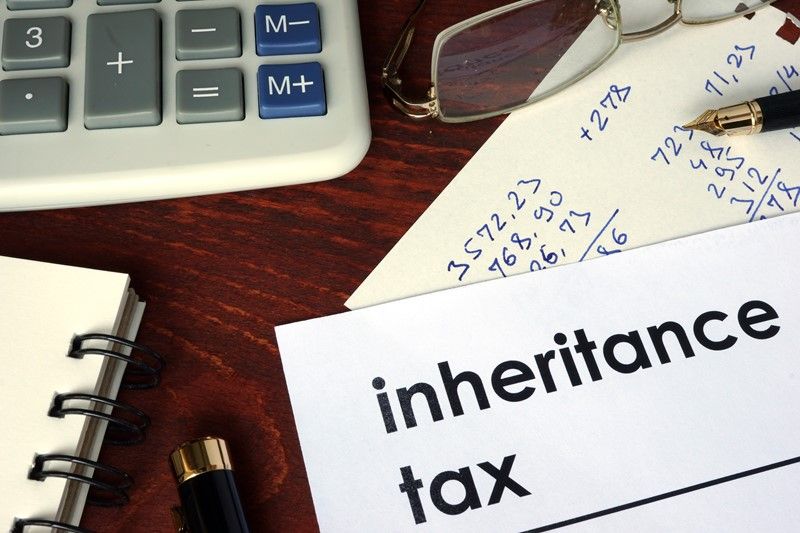Agricultural and business property relief changes
Agricultural and business property relief changes that were first announced at Autumn Budget 2024 will come into effect from 6 April 2026. These measures will introduce significant reforms to Business Property Relief (BPR) and Agricultural Property Relief (APR), which provide Inheritance Tax (IHT) relief on qualifying business and agricultural assets. These measures have faced significant criticism for their potential impact on small farms and rural communities.
From April 2026, a new £1 million allowance will apply to the combined value of property in an estate qualifying for 100% BPR or 100% APR. This means that the existing 100% rate of IHT relief will only apply to the combined value of property in an estate qualifying for 100% BPR or 100% APR. The rate of IHT relief will be reduced to 50% for the value of any qualifying assets over £1 million. Accordingly, any assets receiving 50% relief will be effectively taxed at 20% IHT (the full rate being 40%).
The government has also confirmed they will reduce the rate of BPR available from 100% to 50% in all circumstances for shares designated as 'not listed' on the markets of recognised stock exchanges, such as AIM. The existing rate of relief will continue at 50% where it is currently this rate and will also not be affected by the new allowance.
The option to pay IHT by equal annual instalments over 10 years interest-free will be extended to all qualifying property which is eligible for APR or BPR.




